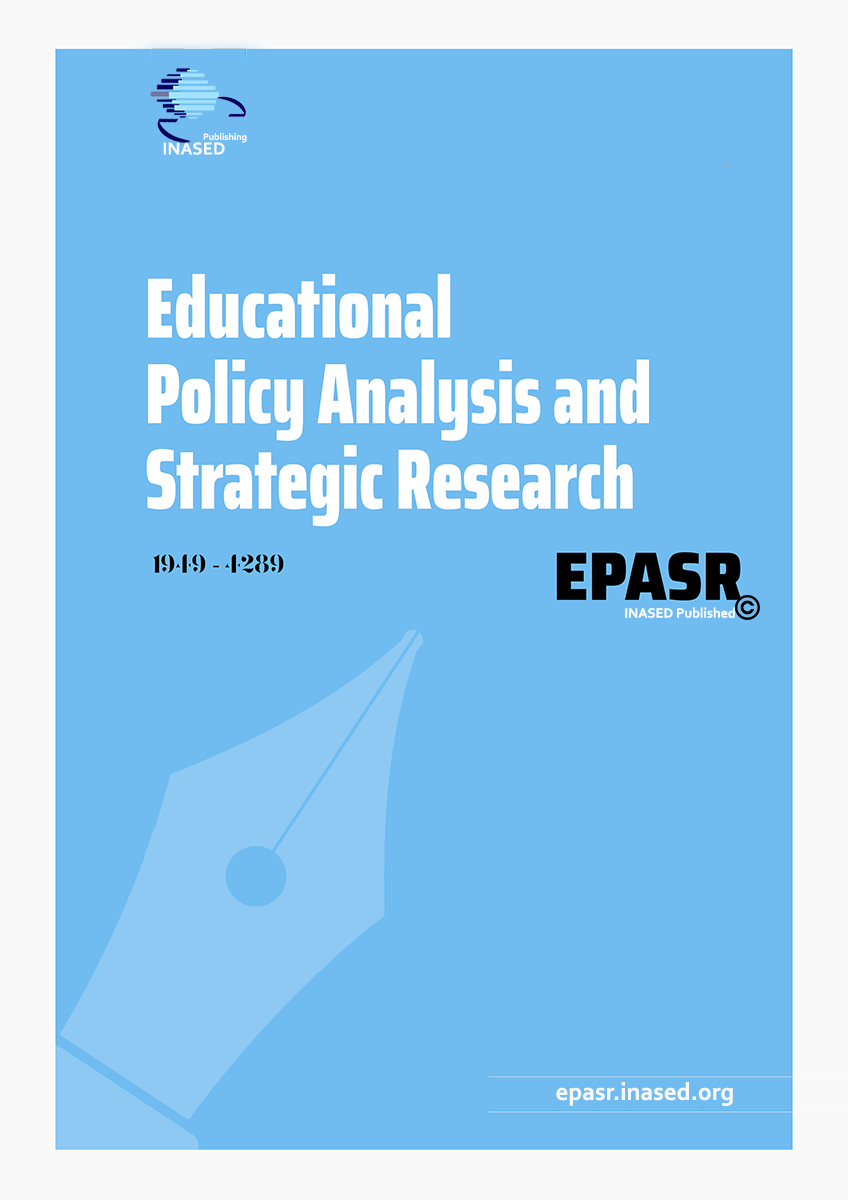Original article | Educational Policy Analysis and Strategic Research 2012, Vol. 7(1) 5-23
Similar Demands, Different Responses: Teacher Evaluation in the United Kingdom and Singapore
Tracey L. Weinstein & Kathryn S. Struthers
pp. 5 - 23 | Manu. Number: epasr.2012.001
Published online: January 01, 2012 | Number of Views: 159 | Number of Download: 804
Abstract
Using a conceptual framework grounded in globalization and the knowledge economy, this paper addresses teacher evaluation policy reform in the United Kingdom*** and Singapore. Specifically, the authors discuss similar demands faced by both countries: maintaining economic competitiveness in a globalized society, preparing citizens to participate in the knowledge economy, and improving teacher quality to facilitate enhanced student learning. Both the UK and Singapore respond to these demands by developing teacher evaluation policies. However, due to the mediating factors of student demographics, educational priorities, and the structure of education systems in each context, the UK and Singapore have created different teacher evaluation systems. It is argued that despite these varying responses, several essential areas underlie all successful teacher evaluation systems. Considering these foundational elements, implications for teacher evaluation policy reform in the United States are discussed.
Keywords: -
| How to Cite this Article? |
|---|
|
APA 6th edition Harvard Chicago 16th edition |


